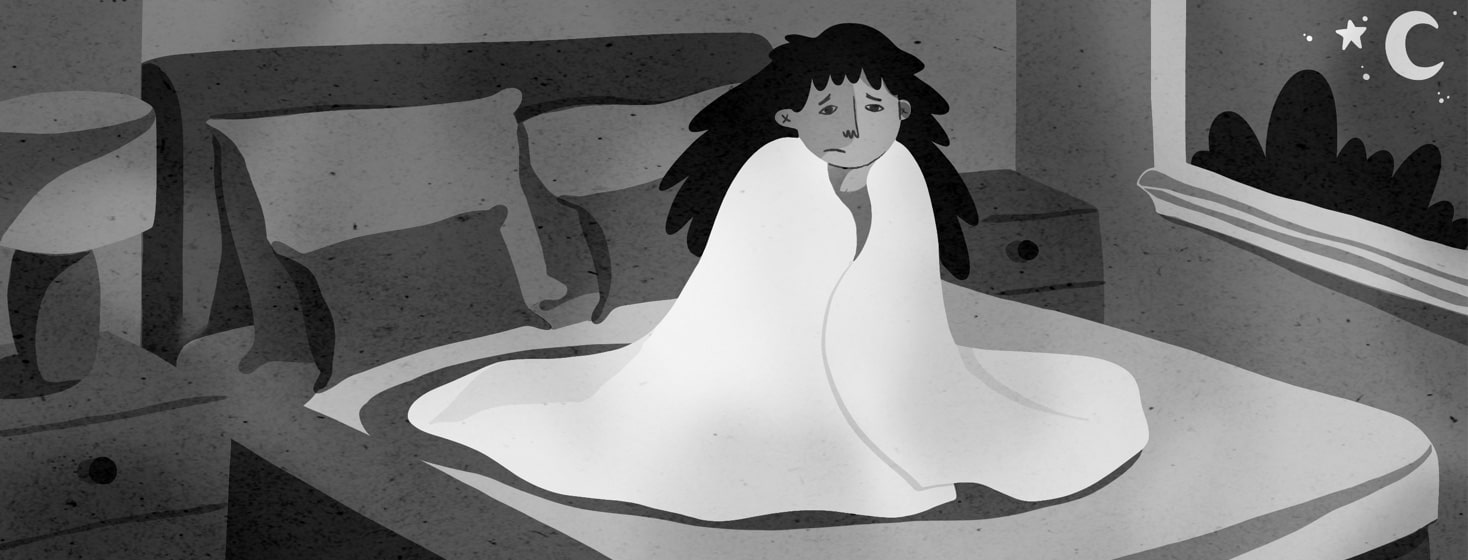Room Temperature Rules: Too Cool for Sleep?
If you look around on the internet, you'll find long lists of sleep hygiene "rules," complete with endless bullet points and boxes to tick. If we do them all and do them well enough, we can somehow "cure" insomnia and magically create reliable sleep. Have you tried any sleep hygiene rules for light, sound, or room temperature?
Cough. Most of us know these rules, and they haven't been a magic bullet.
Sleep hygiene rules: dark, quiet, and cool?
You know the advice: Make your room dark (we do that already!), make your room quiet (we do that too!) – and make your room cool. That 1 can be tricky.
Let's face it: It's a nearly universal experience that insomnia is about more than comfort. Being uncomfortable can wake us or make sleep tricky, but insomnia is deeper and more internal than that – driven by our fear of not sleeping. However, it is helpful to be comfortable!
Too cool?
We all know how hard it is to sleep in a heatwave – sweating, tossing, and turning, stuck to a tangle of sheets. It's also hard to sleep when it's too cold. Any extremes can be a problem with our comfort.
Too dark?
This suggestion is different from the recommendation for darkness. It's a bit more tricky. If you ask a room full of people, "Can it be too dark to sleep?" the most common answer among people who don't fear the dark would be a resounding NO. And most of us know people who can sleep in broad daylight.
Too quiet?
The same thing can be asked about absolute silence – the environment being dead quiet. Can it be too still and noise-free to sleep? I've never heard anyone say they couldn't sleep because it was too quiet – with the exception of people who were habituated to having a lot of noise around them at night. And again – we know people who can sleep through quite a racket! So silence isn't really required, either.
Research on room temperature for insomnia
So broadly and generally speaking, it can't be too quiet and it can't be too dark, but in my own experience, it CAN be too cool to sleep well in the same way that it can be too hot to sleep.
In fact, research supports that the link between sleep and sensitivity to warmer and cooler temperatures spans across many animal species – and this relationship is at a molecular level, not just one of comfort.1
Most of us have been physically comfortable yet unable to sleep for hours and hours and days and days, so this makes sense.
Have you ever found it too quiet, too dark, or too cool to sleep? Which one has been more of a problem for you, and how do you adapt to that challenge? What is your preferred room temperature for insomnia?

Join the conversation